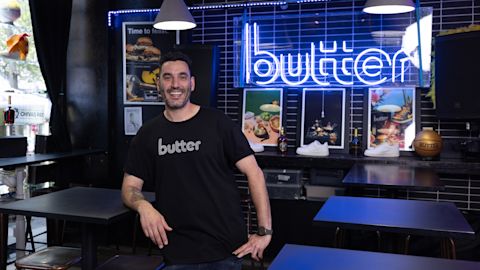Circular thinking, remixed
For Julian Cincotta, chef and co-owner of Butter Sydney, the circular economy isn’t just a buzzword. It’s a remix of everything his business stands for.
“Butter is fried chicken, champagne and hip hop. It’s always been about remixing. Circular thinking is just another remix – turning yesterday’s waste into tomorrow’s resource.”
In a circular economy, services are designed for sharing and products are designed for reusing, repairing and refurbishing many times before they need to be recycled.
Since 2019, Butter has been reimagining its operations to reduce waste and improve efficiency. From food scraps to packaging, every output is seen as a potential input.
“The circular economy for hospitality is cultural, not just operational. It’s changing the mindset of an industry built on fast turnover to instead thinking about longevity – in a product, in the community and in its impact.”
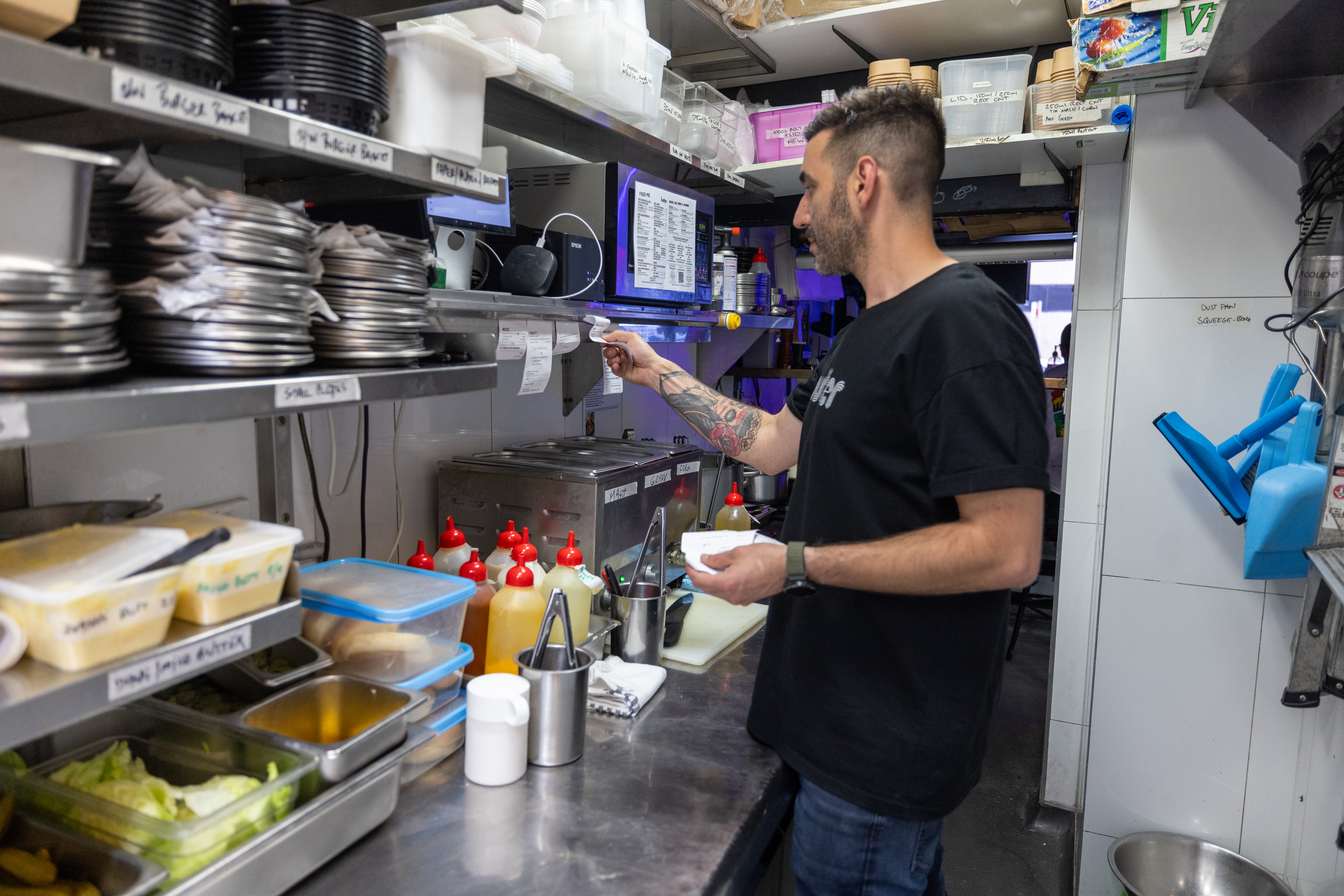
Small changes, big impact
Butter’s transformation began with simple shifts: separating food waste, switching to reusable takeaway containers and tracking spoilage. These changes quickly added up.
"Starting with organic food recycling … that saved us 20% alone. We save thousands a year just by avoiding contamination fees. Organic bins are cheaper than general waste. It’s a hidden win".
It also took part in commercial return and earn on all cans, bottles and drink containers – turning a cost centre into a modest profit. Instead of paying for pick-ups, it receives rebates and contributes to a cleaner waste stream.
Butter’s cooking oil is pumped directly into vats – eliminating any packaging waste – and the discarded oil is sent off to be converted into biofuel for farming and transport. These innovations show how circular thinking can unlock value in unexpected places.
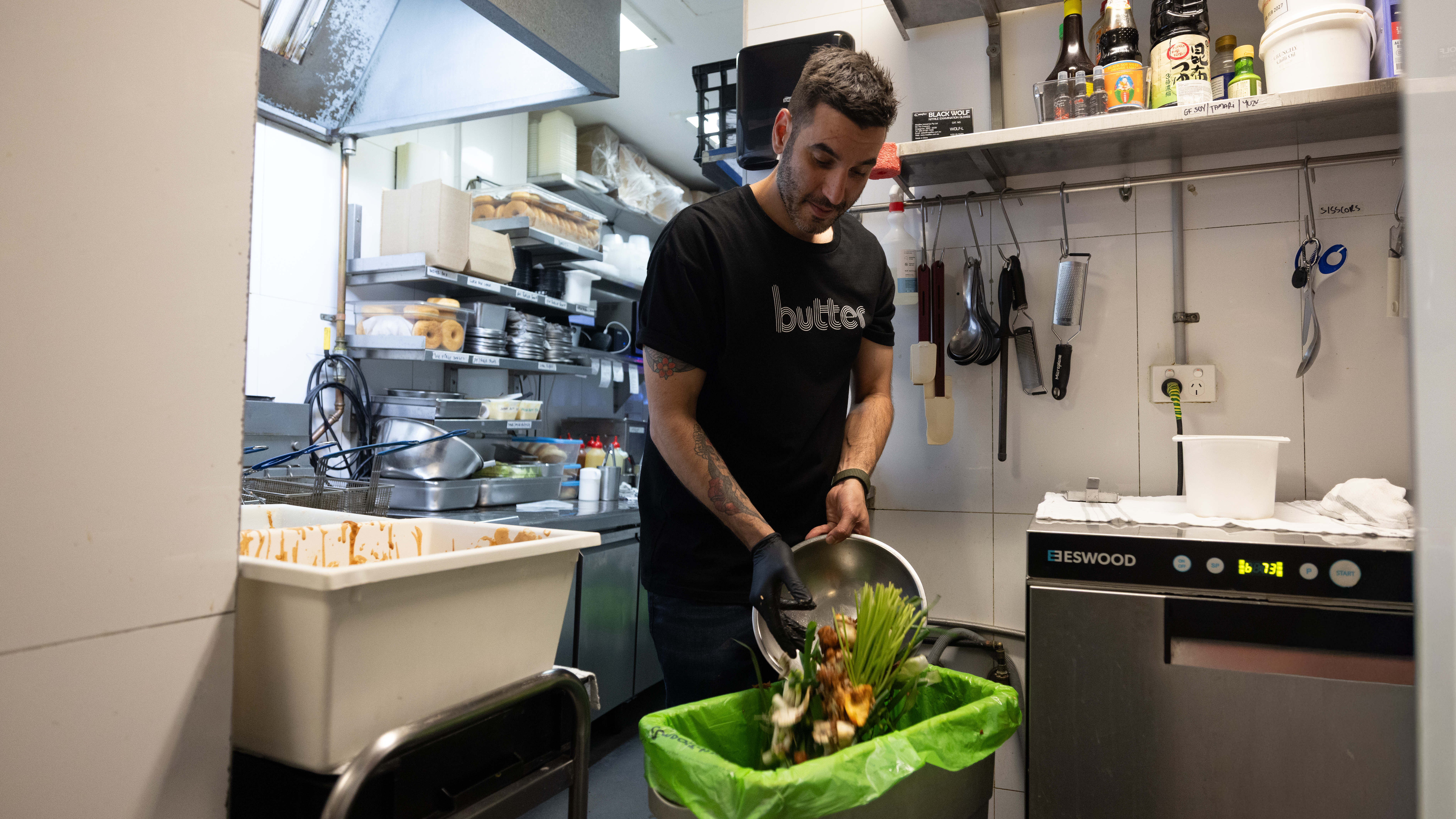
Collaboration is key
Butter, located on Hunt Street, Surry Hills, is part of the Hollywood Quarter precinct, where more than 40 businesses explore circular practices together.
“You can go fast alone, but together we go further. Collaboration is what makes this work.”
Julian is also the president of HospoDeclare, a collective helping venues navigate sustainability and regulation changes. From shifting to renewable energy to transforming the supply chain, they are a self-proclaimed 'movement for the doers'. He has also created Betizen, a reusable packaging service with corporate caterer Hampr striving for zero waste office catering.
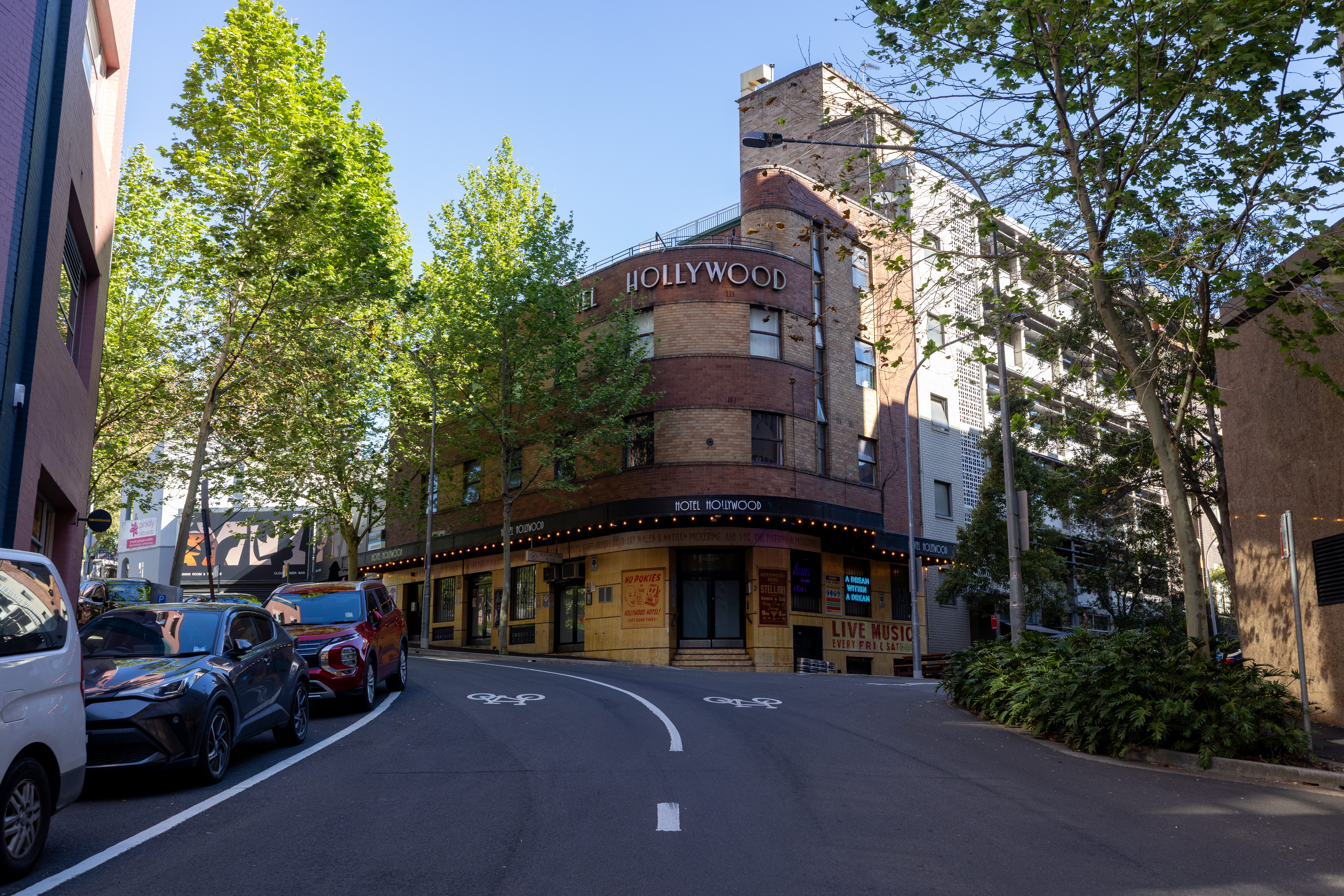
Why it matters
At the heart of hospitality is care – for people, for community, for culture. Waste is perhaps one of the industry’s biggest blind spots.
"Once you see the impact, you can’t unsee it".
If the sector expects customers and staff to care, businesses must lead by example. It’s not just the right thing to do – it’s the future of business.
A big misconception about circular practices is that it costs more. In reality, if new processes and supplier arrangements are considered carefully and designed properly, it can save money. Waste is literally money in the bin and turning that around is profit. Also, another big myth about going circular is that it's only for large companies. Small businesses have just as much to gain about being more sustainable and efficient.
From July 2026, NSW businesses, including hospitality venues such as Butter, will have to separate food waste from general rubbish and recyclables. The phased introduction will begin with the largest waste generators and expand in stages through to 2030. Businesses that don’t comply could face significant fines.
Getting ahead of the curve now isn’t just smart, it’s essential. By adopting circular practices early, businesses can avoid future disruption, gain operational efficiencies and reduce costs before the mandates become enforceable. Butter’s proactive approach shows how small changes today can lead to long-term resilience and compliance tomorrow.
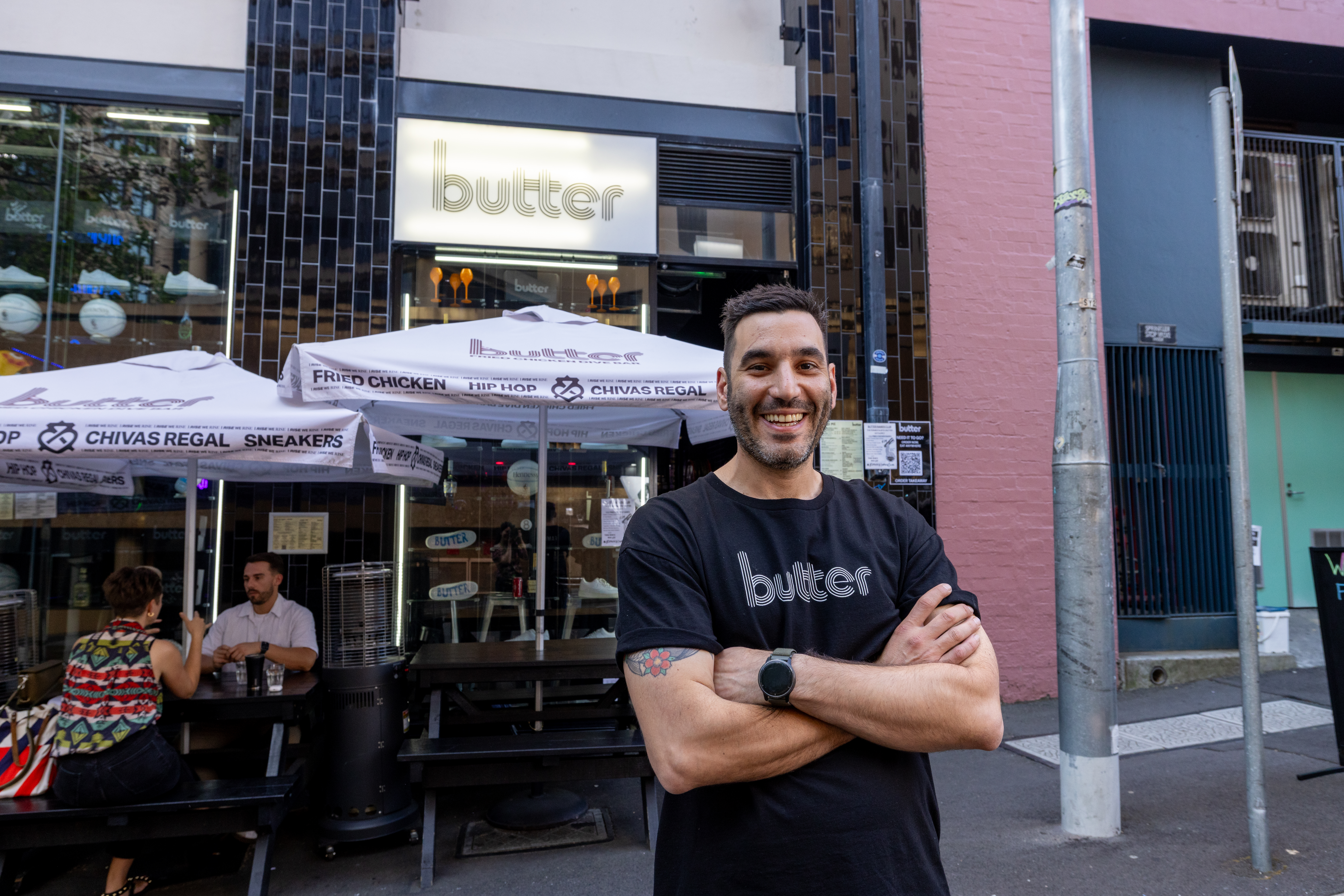
Get started today
Whether you’re a chef, stylist or studio owner, circular thinking can help you cut costs, reduce waste and build a more resilient business.
The introduction to the circular economy for small business course can help demystify the process. Designed for hospitality, retail and professional services, the free online course includes explainer videos, case studies and practical tips.
Published 17 October 2025, updated 31 October 2025
